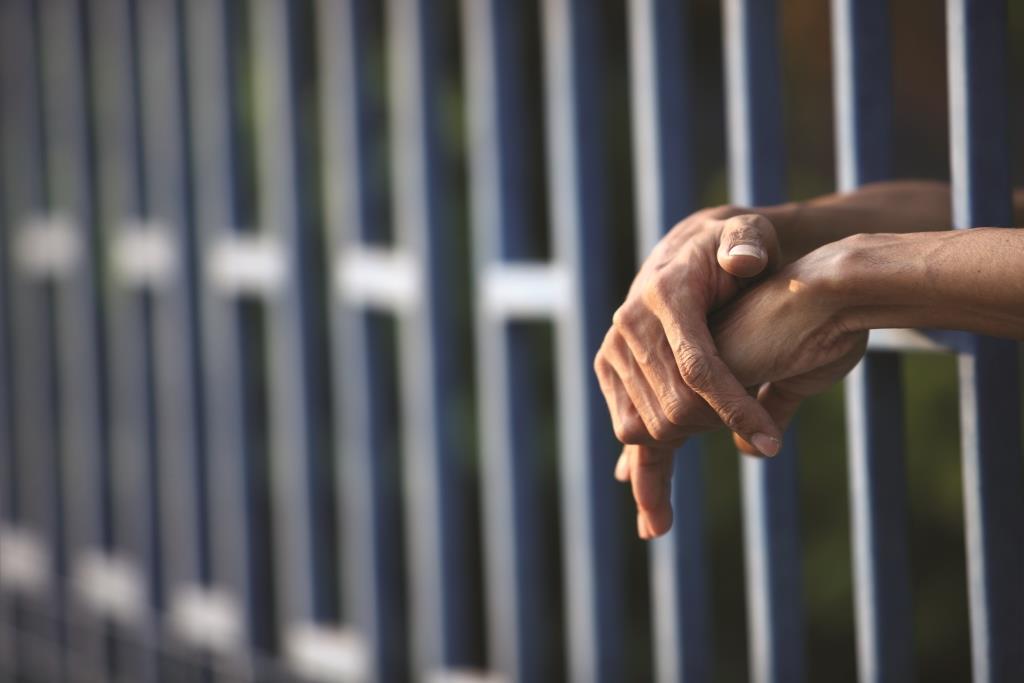The pavement outside Pretoria’s High Court sounded like Kinshasa on this fateful Friday in late November.
A handful of the 300,000-strong Congolese community in South Africa pounded the pavement with dance and chants.
Echoes of anger rang in their songs: “Kabila must go, Kabila must go” and “Tuta Muua, (We will kill him),” sang around 50 protesters.
“It’s better to live in hell than a South African prison,” says David Muyembi Bakajika.
The men had spent 23 hours a day locked in their cells with an hour for exercise.
Mussassa Tshibangu was merely glad to feel the sun on his skin.
“It is the first time that I see people, so many people, just walking in the streets. I am very happy.”
President Joseph Kabila was the man the 15 freed men were accused of trying to overthrow. Those released were part of the group recruited by Kabuka Lugaba Andrian Kilele, who remains in prison, for so-called anti-rhino poaching training at a remote Limpopo bush camp. They were arrested instead.
All of the men were charged under the Foreign Military Assistance Act for engaging in “mercenary activity” and rendering “foreign military assistance” as well as collectively conspiring to “commit murder” under the Riotous Assemblies Act.
The Hawks, South Africa’s undercover police agents, executed the sting operation and believe that the 15 were foot soldiers of a coup attempt. Prosecutors couldn’t make the charges stick.
“We stopped proceedings [because] it became apparent that we wouldn’t secure convictions due to a lack of evidence,” says National Prosecuting Authority spokesman Nathi Mncube.
Thesigan Pillay, lawyer to 14 of the men, says it was a partial victory.
Four of his clients, including Kilele, are believed to major players in an unfortunate plot remain in custody. They are: James Kazongo; Lunula ‘Patrick’ Masikini; and Kilele ‘Jeff’ Mukuti.
Etienne Kabila, who claims President Kabila is a relative and initially assumed to be the coup’s mastermind, is out on bail but still faces charges.
The men were released shortly after midday and the crowd burst into euphoria. The men were embraced, hands were shook, prayers were said and supporters danced.
Soon after the men were welcomed back into the world, the crowd escorted them to the International Committee of the Red Cross (ICRC) where they were promised help with jobs and homes. It was a 40-minute walk away.
While there, the men were summoned inside, the journalists were asked to stay outside. On their return, they were holding business cards from the ICRC. They say that they were offered support with their transition back into society, be it employment or lodgings.
As those released begin to make a new life, and leave the trauma of the old one behind, the other five return to court on January 26.
